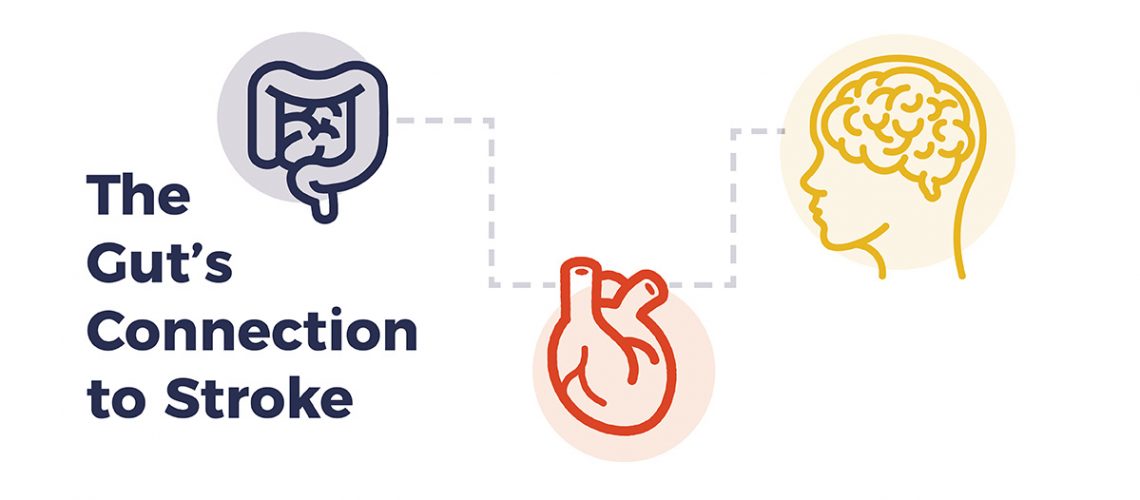Digest This
Click on the topics below to learn how probiotics can improve your digestive health, naturally.

The Gut Connection to Stroke
- @drHoberman
- Diet, Disease, Healthy Aging
The Gut Connection to Stroke
Many of you know about the connection between poor diets rich in fats, red meat and processed foods and the cluster of problems that trigger metabolic syndrome.
Conditions such as high blood pressure, elevated blood sugar and cholesterol levels, and extra body weight around the waist are manageable on their own. That is, until they manifest as a group leading to metabolic syndrome.
When they do, your risks of even more serious cardiovascular problems, like stroke, heart disease and type 2 diabetes, escalate dramatically.
Did you know the gut has a direct connection to metabolic syndrome and poor cardiovascular health? This may increase your chances of a severe stroke and other serious health problems afterward?
Here’s how…
The TMAO Problem
When we consume foods or drinks high in choline (red meat, eggs, high-fat dairy products) and L-carnitine (red meat and some energy drinks), our gut bacteria breaks them down into trimethylamine (TMA).
Then, TMA is converted by the liver to TMAO (trimethylene N-oxide), a metabolite that has been linked to the narrowing or obstruction of arteries and increases in blood clots, leading to a higher risk of heart attack and stroke.
Researchers at the Cleveland Clinic have spent more than a decade examining how the gut microbiome affects our cardiovascular health with findings that have yielded significant insights about TMAO.
A recent Cleveland Clinic study determined the dual presence of elevated TMAO and choline was enough to produce, not only strokes of greater size and severity, but more challenging post-stroke functional impairments.
Scientists came to these conclusions after transplanting fecal samples from human patients with high or low levels of TMAO into germ-free mice.
Over the course of the study, animals receiving fecal transplants with higher levels of TMAO had more of it in their bloodstreams and experienced more extensive brain damage in multiple stroke models as well as greater post-stroke motor and cognitive deficits.
What’s more, the presence of bacteria containing CutC, a key enzyme related to choline that drives TMAO production in the gut, was enough to more than double stroke severity and worsened functional outcomes by as much as 30 percent.
What You Can Do About It
Based on our previous article about the problems associated with the Paleo Diet, a diet focused on more meat or Western diet staples like highly processed foods, creates the ideal environment for bad gut bacteria that generate unhealthy amounts of TMAO and lessen the impact of beneficial bacteria.
Fortunately, there’s some easy steps you can take to protect your gut and cardiovascular health from harm. For starters, increasing your intake of dietary fiber by just 1 ounce (30 grams) in your diet can help you lose weight and reduce your cardio risks.
Besides adding more fiber to your diet, taking a probiotic fortified with multiple strains of beneficial and proven bacteria from the Lactobacillus and Bifidobacterium families like EndoMune Advanced Probiotic, can do a great deal of good to promote the natural fermentation process that protects your gut.
References
There Is An Endomune Probiotic For Every Lifestyle
-
EndoMune Metabolic Rescue
$44.95 -
EndoMune Advanced Probiotic
$42.95 -
EndoMune Companion Pack
$112.93









